Posted: Maggio 22nd, 2014 | Author: agaragar | Filed under: 99%, au-delà, bio, comunismo, crisi sistemica, epistemes & società, Foucault, lacanism, post-filosofia, postcapitalismo cognitivo | 17 Comments »
di FEDERICO CHICCHI

Intervento sulla “produzione di soggettività” nell’incontro di autoformazione “Cartografia delle lotte”
Il soggetto come estimità del capitale
Non è per nulla facile costruire una riflessione sistematica sul soggetto. La soggettività è un concetto teorico a dir poco scivoloso, che scappa da tutte le parti quando provi a includerla in paradigma interpretativo.
Il soggetto (come la sua etimologia mostra chiaramente) è al contempo il risultato della presa dell’ordine simbolico sul bios, dell’azione del potere sull’individuo, e al contempo quell’elemento che rende strutturalmente insaturo quello stesso ordine e che bucandolo lo costringe ad un processo dinamico di continua trasformazione. Il capitalismo non è un cristallo.
[–>]
Posted: Maggio 13th, 2014 | Author: agaragar | Filed under: 99%, anthropos, au-delà, bio, comune, comunismo, Marx oltre Marx, posthumanism, postoperaismo, Révolution | 6 Comments »
by Matteo Pasquinelli
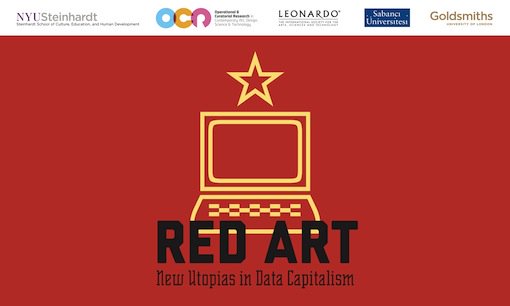
Today a weird process of over-identification is occurring between the archetypes of capitalism and communism at different scales, expanding the feeling of political impasse but at the same time suggesting new spaces of conflict. First, for the irony of fate, a communist state formally ruled by a communist party — China — has become the leading capitalist superpower. […] Second, exactly 20 years after the fall of the Berlin Wall, a global credit crunch have forced western governments to nationalize de facto many private banks openly infringing one of the basic commandments of neoliberal monotheism. […] Third, the new libertarian business models that are born out of digital networks celebrate and locate the common at the center of their mode of production. The new “wealth of networks” is to be based on the “creative commons” and “peer production” of online multitudes, Yoachai Benkler is suggesting to ICT giants like IBM, whereas Wired editor Kevin Kelly confirms that a “new socialism” and a “global collectivist society” is materializing thanks to the internet. These three examples, however, refers just to the surface of economic chronicles: the ‘communism of capital’ has its roots in a more general process of financialization of the whole life that has to be unpacked properly (…).
PDF
Posted: Maggio 10th, 2014 | Author: agaragar | Filed under: 99%, au-delà, BCE, bio, comune, comunismo, crisi sistemica, critica dell'economia politica, epistemes & società, Global, postcapitalismo cognitivo, postoperaismo | Commenti disabilitati su Finanza globale ed Europa
intervista di Andrea Fumagalli e Stefano Lucarelli a Christian Marazzi

Parte I
Parte II
Posted: Maggio 4th, 2014 | Author: agaragar | Filed under: anthropos, au-delà, bio, Deleuze, epistemes & società, Foucault, post-filosofia, posthumanism | 25 Comments »
by Marco Altamirano

The distinction between nature and artifice has been definitive for Western conceptions of the role of humans within their natural environment. But in order to distinguish between nature and artifice, the human must be separated from nature. This separation, in turn, facilitates a classification of knowledge in general, typically cast in terms of a hierarchy of sciences that ascends from the natural sciences to the social (or human) sciences. However, this hierarchy considers nature as a substantial foundation upon which artifice operates and to which it responds. Here I examine three inter-related concepts that, by focusing on events rather than substances, operate beyond the nature–artifice distinction and thereby resist the hierarchical classification of the sciences: Foucault’s concept of technology, the concept of milieu as it crosses over historically from physics to biology and anthropology, and Deleuze and Guattari’s reconfiguration of the concept of milieu in terms of their concept of machine.
[–>]
Posted: Aprile 27th, 2014 | Author: agaragar | Filed under: 99%, au-delà, bio, comune, comunismo, epistemes & società, Marx oltre Marx, post-filosofia, postoperaismo, Révolution | Commenti disabilitati su Lazzarato: il rifiuto del lavoro
intervista a Maurizio Lazzarato di Davide Gangale
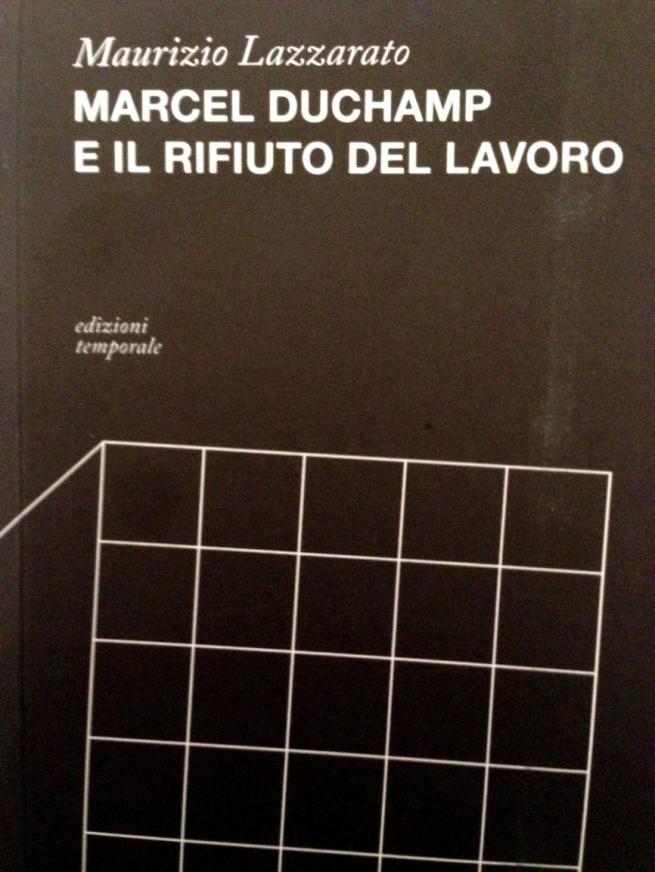
«Io non ho deciso di andare all’estero, come fanno oggi tanti giovani della tua età. Io sono scappato all’estero perché avevo un mandato di cattura. Ero un militante di Autonomia Operaia, che è stata una grande esperienza politica, anche se minoritoria, del processo di trasmissione dalla vecchia composizione di classe alla nuova. Non ci pensavo proprio, io, al futuro. Una volta arrivato in Francia mi sono rimesso a studiare. Ma sono precario ancora adesso.»
[–>]
Posted: Aprile 27th, 2014 | Author: agaragar | Filed under: 99%, anthropos, au-delà, bio, comune, comunismo, crisi sistemica, critica dell'economia politica, epistemes & società, Marx oltre Marx, postcapitalismo cognitivo, postoperaismo, Révolution | Commenti disabilitati su Negri: La Comune della cooperazione sociale
di FEDERICO TOMASELLO
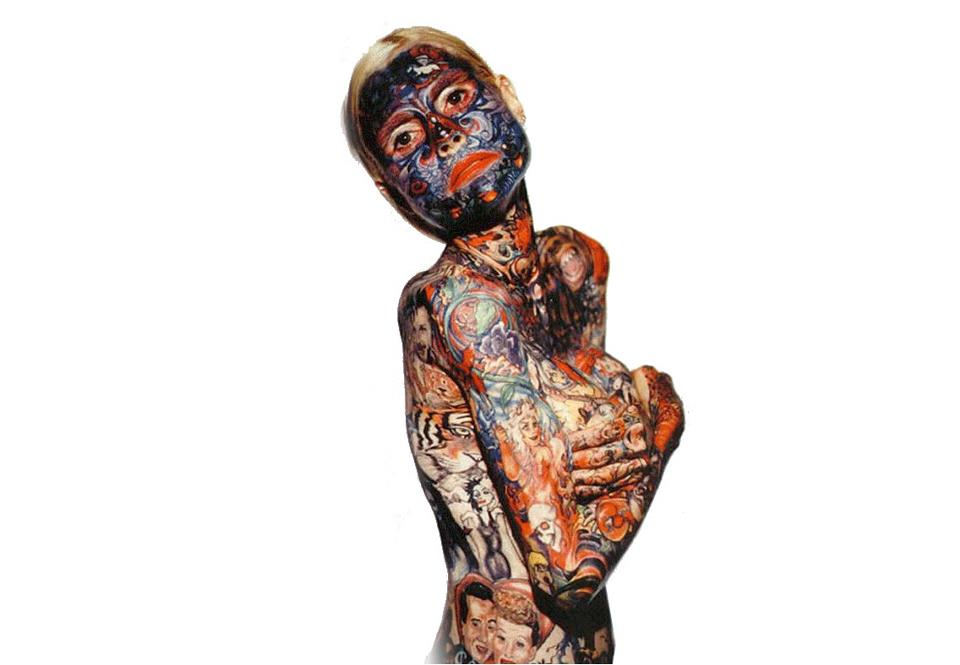
(Domanda). Ormai diversi anni fa, alcuni tuoi scritti riguardanti l’oggetto di questa intervista sono stati raccolti in un testo il cui titolo, Dalla fabbrica alla metropoli, rimanda all’adagio secondo cui la metropoli sta alla moltitudine come, una volta, la fabbrica stava alla classe operaia. Vorrei oggi parlare con te di cosa le trasformazioni, i movimenti e la crisi globale di questi anni ci dicono rispetto all’analisi della metropoli intesa come griglia analitica attraverso cui è possibile rileggere e interpretare molte categorie di lettura del presente. Recentemente – in particolare nell’intervento Per la costruzione di coalizioni moltitudinarie in Europa – hai fatto cenno all’esigenza di sottoporre a verifica critica alcune categorie consolidate dell’esperienza post-operaista: vorrei chiederti anzitutto se ritieni che anche questo schema di lettura del rapporto fra metropoli e moltitudine debba essere sottoposto a verifica e aggiornamento.
[–>]
Posted: Aprile 26th, 2014 | Author: agaragar | Filed under: anthropos, au-delà, bio, epistemes & società, Foucault, Marx oltre Marx, post-filosofia | Commenti disabilitati su Foucault
Conferenze varie di Michel Foucault (audio)
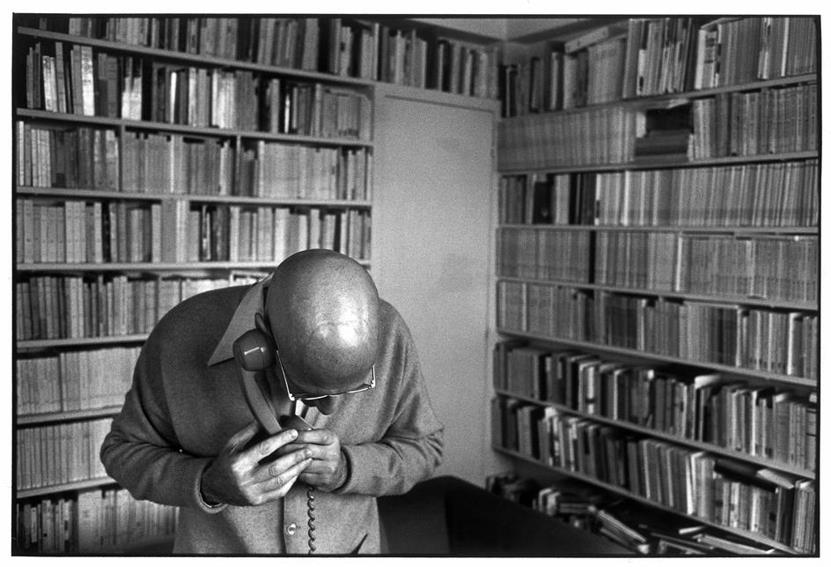
[–>]
Posted: Aprile 16th, 2014 | Author: agaragar | Filed under: anthropos, au-delà, bio, comune, digital conflict, epistemes & società, hacking, Marx oltre Marx, post-filosofia, postoperaismo, Révolution | 7 Comments »
by Unemployed Negativity
This is the longer version of an old conference paper . It never quite became publishable; it is left here to the gnawing criticism of digital mice.
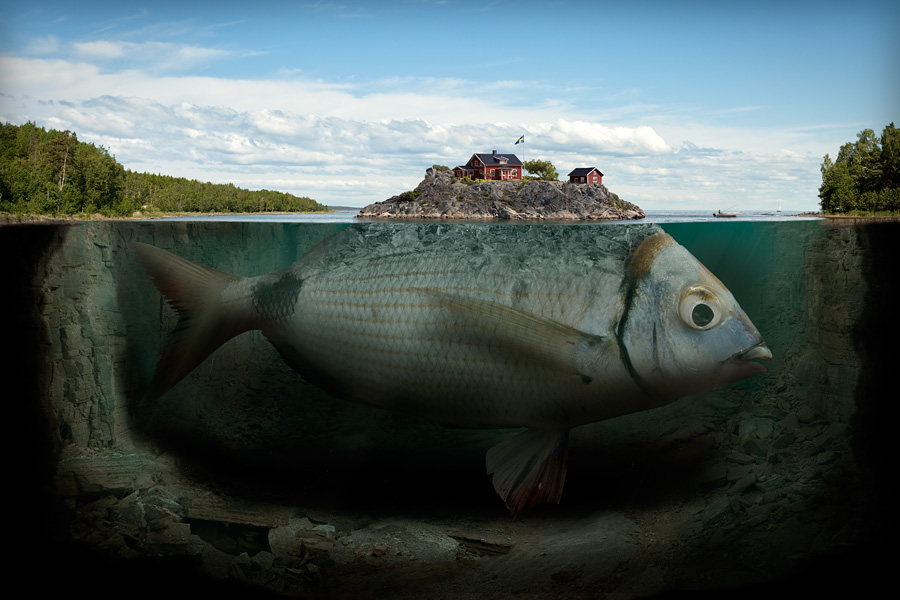
Materialism has always been the bastard stepson of philosophy. Its very position is paradoxical, if not impossible. It must use concepts and arguments to conceptualize and argue against the primacy of concepts and argument. This perennial problem is even worse today. If Marx was in some sense the most sophisticated materialist philosopher, elevating the material beyond the brute materiality of the body, to locate the material in the reality of production and the conflicted terrain of social relations, then one could argue that even this version of materialism is in jeopardy today. The economy, the last instance of materialist philosophy after Marx, can no longer be identified with the machines and noise of the factory, it has become digital, immaterial. What then remains of materialism when the economy has become ideal, determined more and more by the idealist category par excellence, speculation, and even labor has been declared immaterial, intersecting with beliefs and desires? At least the beginning of a response can be found in the seemingly paradoxical concept of “real abstraction.” This term, introduced by Marx, takes on a central importance in the work of Alfred Sohn-Rethel, where it is no longer a methodological necessity, but the cornerstone of a philosophy that seeks to understand the material basis of abstraction itself.
[–>]
Di Matteo Pasquinelli e Wietske Maas vedi: MANIFESTO DEL CAPITALISMO URBANO
Posted: Aprile 11th, 2014 | Author: agaragar | Filed under: anthropos, au-delà, bio, digital conflict, donnewomenfemmes, epistemes & società, post-filosofia, postcapitalismo cognitivo, posthumanism | Commenti disabilitati su Postumano – Oltre la gabbia del soggetto
di Alessandra Pigliaru
Postumano. Il femminismo ha sperimentato modelli politici da cui partire per contrastare la violenza del capitalismo. Sul piano teorico vanno assunte come irreversibili le mutazioni delle soggettività attivate dalla scienza. Un’intervista con la teorica femminista Rosi Braidotti, in Italia per presentare il suo nuovo libro «Il postumano»
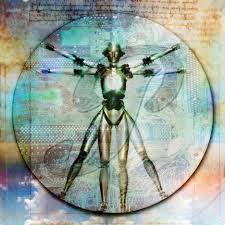
[–>]
Posted: Aprile 4th, 2014 | Author: agaragar | Filed under: anthropos, au-delà, bio, epistemes & società | Commenti disabilitati su Gilbert Simondon
di Andrea Bardin
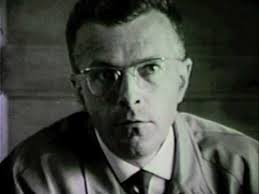
“L’anthropologie ne peut être principe de l’étude de l’Homme; ce sont aucontraire les activités relationnelles humaines […] qui peuvent être prises pour principe d’une anthropologie à édifier”, G. Simondon, L’individuation, p. 297
Gilbert Simondon è uno dei riferimenti immancabili di Gilles Deleuze. La sua opera, oggetto di una recente riscoperta, è di respiro enciclopedico: potremmo dire che si tratta di un filosofo della scienza, ma forse è più corretto affermare che si tratta di un pensatore “classico” (nel senso in cui anche Deleuze si definiva tale) che ha voluto porre il problema filosofico per eccellenza – quello dell’essere–all’altezza delle acquisizioni della scienza contemporanea. La domanda chiave della filosofia – che cos’è l’essere? – può forse tradursi all’interno della concettualità di Simondon nella domanda -che cos’è un processo di individuazione? – apportando, di conseguenza, una radicale riforma del modo di concepire l’individualità a tutti i livelli: fisico, chimico, biologico, psichico e collettivo.
[–>]










